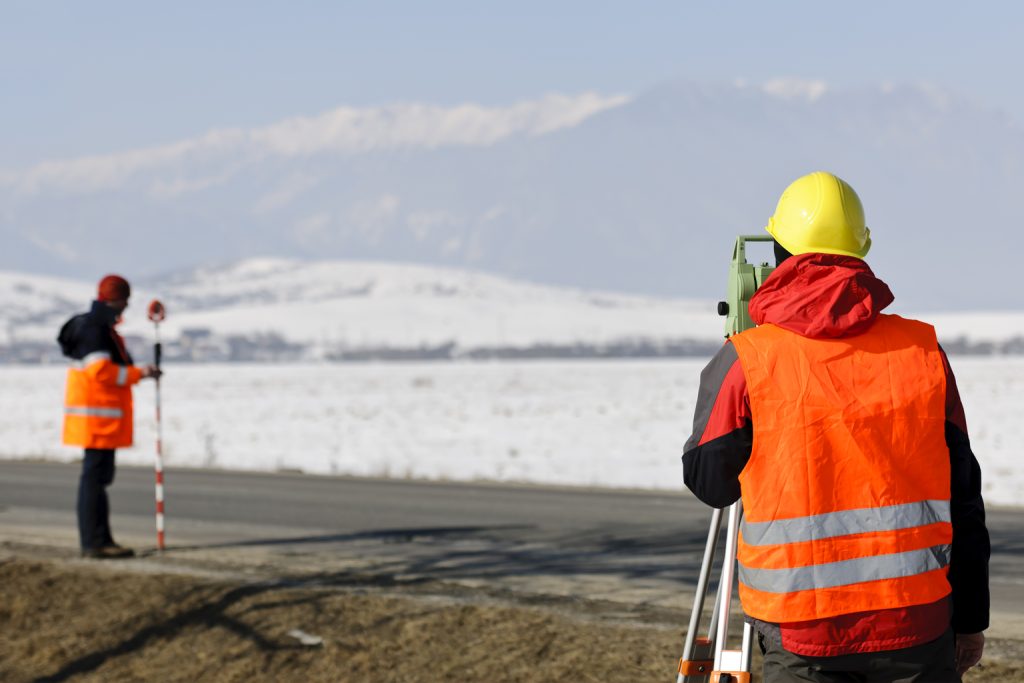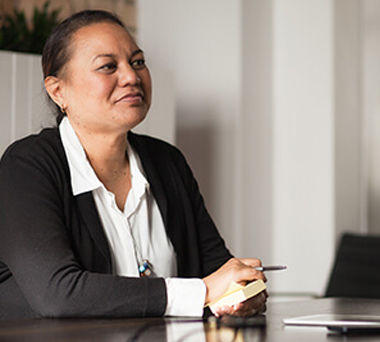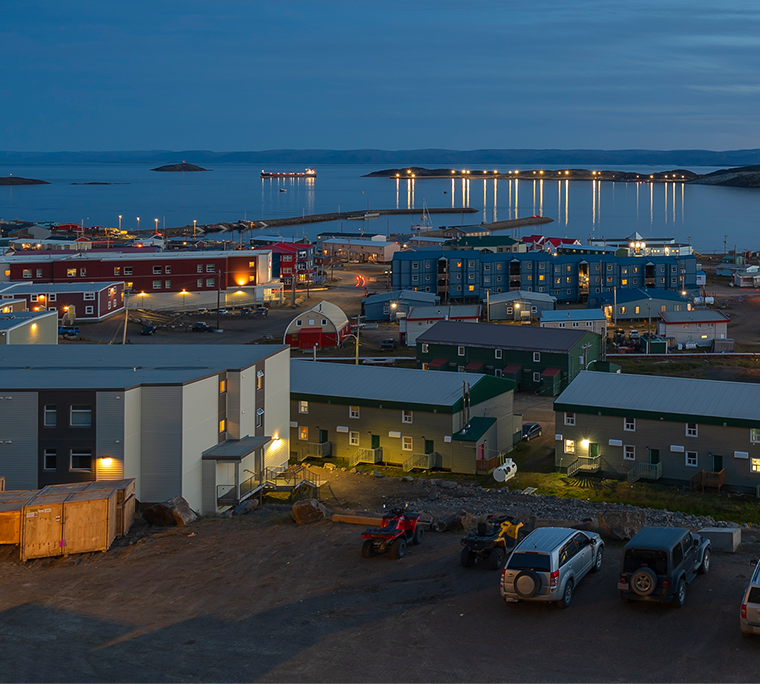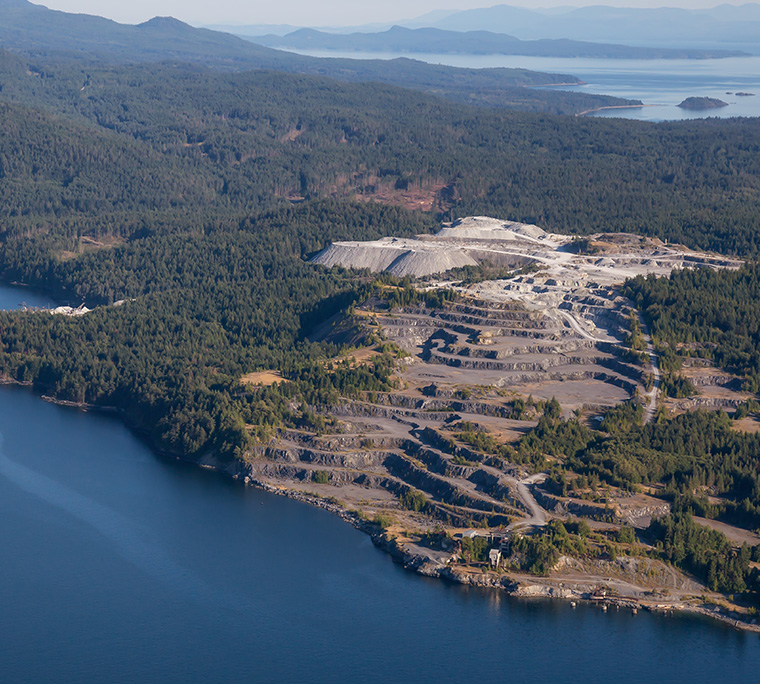
Indigenous Ownership
Inside the Powerful New Partnerships Reshaping Canada’s Major Project Landscape
By Matthew Belliveau • Updated: July 5, 2023
First Nations, Inuit, and Métis communities across Canada are emerging as successful major project leaders, but not all of them have the necessary resources to make informed decisions, manage risks, and finance large-scale investments in their futures.
The Current Landscape

Major projects are massive drivers of economic activity in Canada. Over the next decade, they are projected to generate $540 billion in capital spending while acting as a major source of job creation across all regions of the country.
Despite the profound impacts major projects can have on Indigenous lands, resources, and people, Indigenous communities have often lacked input into these development decisions. But they have persevered and secured legal victories asserting their rights. Many have also formed mutually beneficial relationships with industry to mitigate project impacts and produce community benefits.
Increasingly, Indigenous communities are seeking ownership in major projects. As co-owners, they can form deeper partnerships with industry and pursue greater decision-making power and long-term, stable revenue generation.
Our research explores the challenges Indigenous communities face and the best practices that industry, governments, and lenders use to support Indigenous ownership while delivering major projects on time and on budget.
Key Findings
De-risking Investments
Through early engagement, trust-based relationships, and creative transaction structures, Indigenous communities and project proponents are de-risking investments in major projects.
Expand Financing Programs
Most Indigenous communities lack access to affordable capital to acquire meaningful major project ownership. Successful but geographically limited financing programs must be expanded to address this issue.
Distinctions-based Approach Needed
Métis and Inuit communities lack access Indigenous-led institutions that facilitate major project ownership. A distinctions-based approach is needed to bridge this gap.
Share Capacity and Resources
Remote communities can benefit from shared capacity and resources that take into account their small scale and funding programs that consider their low revenues and high project costs.
Clarify Project Returns
The federal government can further de-risk major project investments involving Indigenous co-owners by clarifying how its policies will impact project returns.

Recent Releases

Indigenous Ownership: A New Economic Era
February 7, 2022
Major project agreements are evolving in Canada. Indigenous groups are increasingly seeking equity agreements over other types of arrangements. Why is this significant? Equity gives Indigenous groups whole or part ownership in a company or project.
Online experience • 8-min read
Questions?
For a deeper conversation on Indigenous ownership, please contact:




